Question And Answer
Publications
Articles, publications, books, tools and multimedia features from the U.S. Institute of Peace provide the latest news, analysis, research findings, practitioner guides and reports, all related to the conflict zones and issues that are at the center of the Institute’s work to prevent and reduce violent conflict.
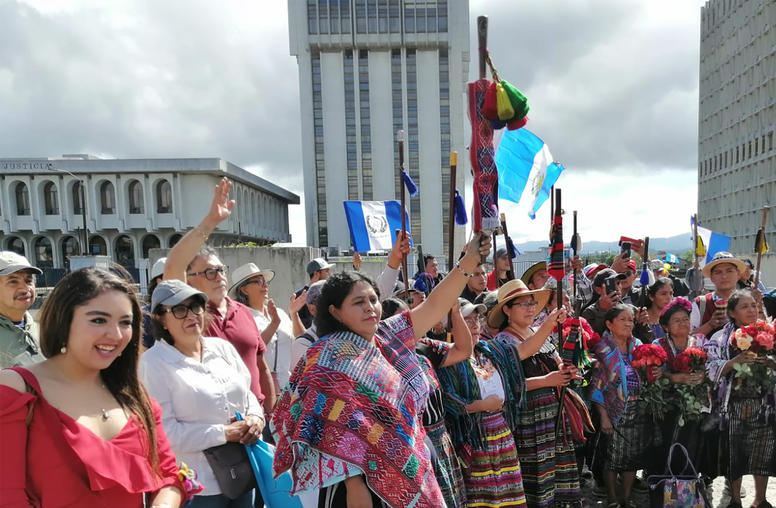
Guatemala: Indigenous Leaders Take Democracy Campaign Nationwide
When anti-corruption candidate Bernardo Arévalo won Guatemala’s presidency in August, his urban supporters took to the streets in celebration. Two months later, they are still there, not in celebration but in protest against challenges to Arévalo’s election led by the country’s attorney general. This month, the protests went national when Indigenous authorities called a strike demanding the attorney general’s resignation. The participation of Guatemala’s marginalized Indigenous peoples in nationwide protests holds both peril and promise. Instability in the impoverished rural hinterland could send additional waves of migrants toward the U.S. border. But the Indigenous population’s defense of elections could also prove a watershed moment for Guatemalan democracy.
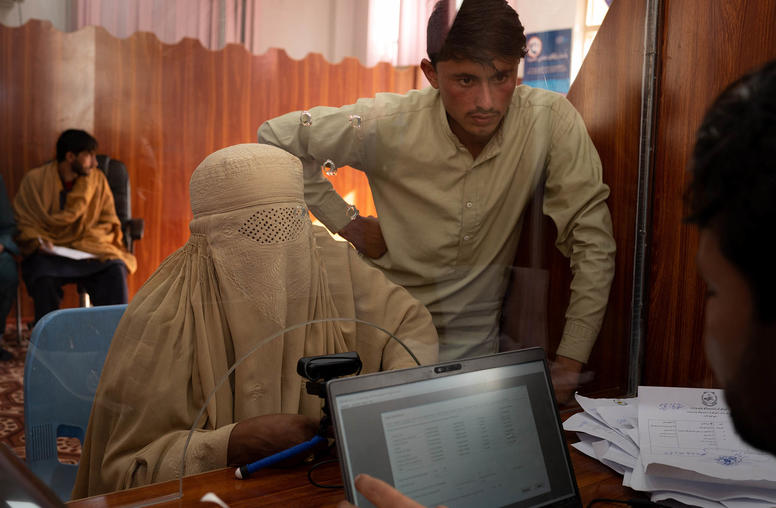
What to Expect from the Doha Conference on Afghanistan
On February 18-19, United Nations Secretary-General Antonio Guterres will convene a meeting on Afghanistan in Doha to discuss the ongoing humanitarian and human rights crises and the recent report on a way forward by U.N. Special Coordinator for Afghanistan Feridun Sinirlioğlu. Special envoys from U.N. member states and international organizations will attend; representatives from Afghan civil society, women’s groups and Taliban officials have also been invited. The conference is a critical, high-level opportunity for donors and the region to chart next steps on how to improve the situation in Afghanistan and engage with the Taliban regime.
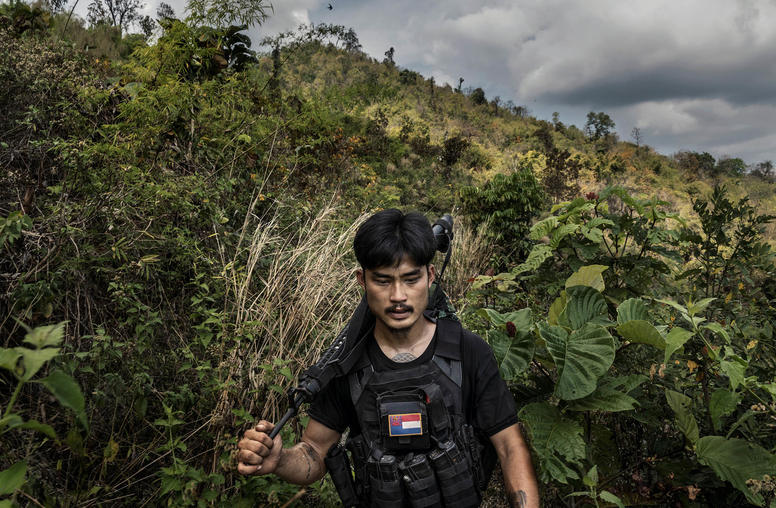
Three Years After Coup, Myanmar’s Generals Face an Existential Crisis
Three years after Myanmar’s military overthrew the country’s democratically elected government, the ruling generals — having suffered humiliating battlefield defeats — face an existential crisis. Victories by the diverse ranks of Myanmar’s resistance have invigorated their morale and they are tightening battlefield coordination despite slow progress toward political consensus. The military, meanwhile, is short of manpower and controls a shrinking percentage of the nation.
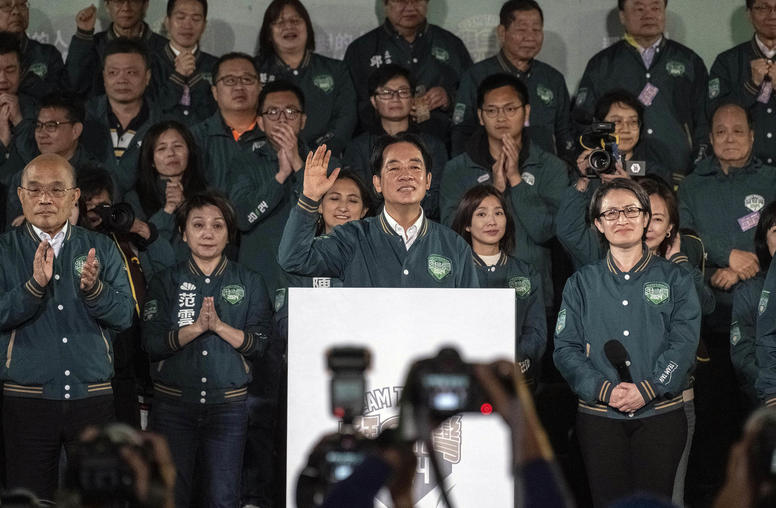
The Pivotal Elections of 2024: Key Races That Will Shape the Global Landscape
Around 2 billion people in more than 50 countries, including India, Chad, Mexico and South Africa, will go to the polls this year in what has been described as the Super Bowl of elections. From major democracies to emerging nations, the outcomes of these votes will undoubtedly play a crucial role in shaping the future trajectory of countries around the world. While some elections could produce conflict, most will take place under the threat of disruption — all of this will have serious implications for U.S. foreign policy and security.

War and the Church in Ukraine
Vladimir Putin’s war to reverse Ukraine’s independence includes religion. For centuries, the Russian Orthodox Church bolstered Moscow’s rule by wielding ecclesiastical authority over Ukrainian churches. Since early 2019, Ukraine has had a self-governing Orthodox Church of Ukraine. Russia’s invasion has sharpened tensions between it and the rival branch historically linked to Moscow. Any conciliation between them could shrink areas for conflict — and the Kremlin’s ability to stir chaos — in a postwar Ukraine. It would bolster Ukraine’s future stability and reinforce a decline in Russia’s historically massive influence across the Orthodox Christian world. But can Ukrainians make that happen?
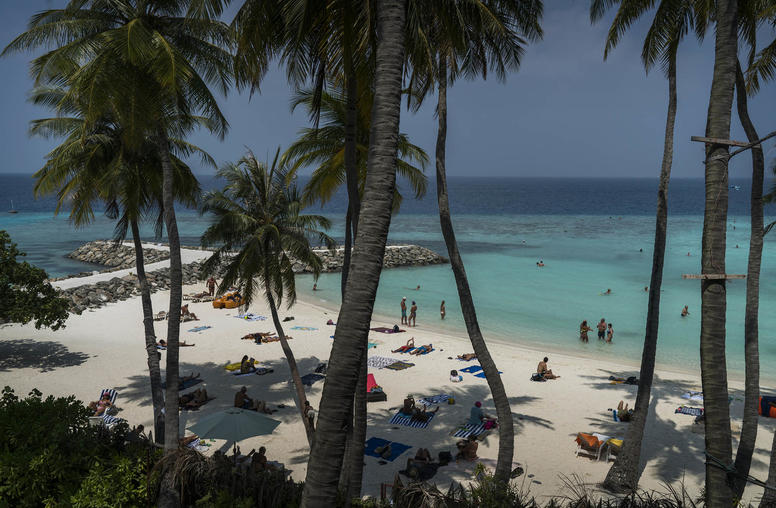
As Tensions with India Grow, Maldives Looks to China
On January 4th, social media posts from Indian Prime Minister Narendra Modi praising the beauty of India’s beaches in Lakshadweep sparked a diplomatic row with the Indian Ocean island nation, Maldives. As a country that leans heavily on tourism at its own beaches, three Maldivian junior ministers were quick to criticize the Indian prime minister, which led to calls from Indian social media users to boycott Maldives as a tourist destination.
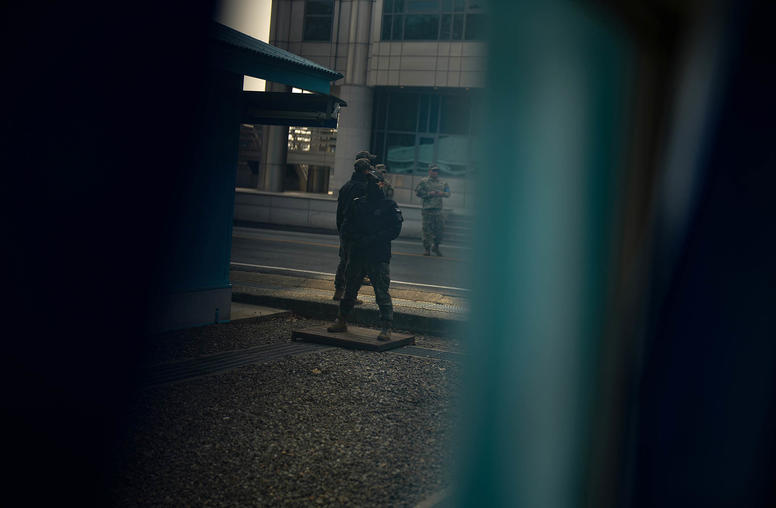
North Korea Has Lost the ‘Unification Competition’
North Korean leader Kim Jong Un in January declared peaceful unification with South Korea is no longer possible. In a speech to the Supreme People’s Assembly, North Korea’s parliament, Kim said North Korea’s constitution should be amended to show that South Korea is a “primary foe and invariable principal enemy.”
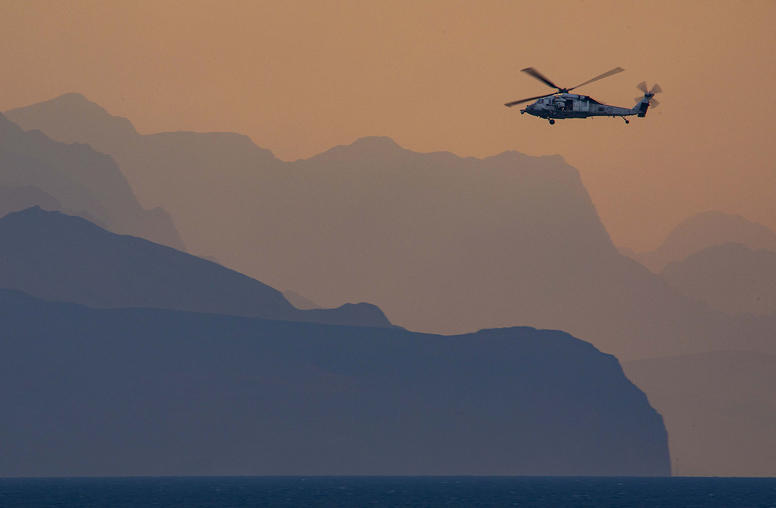
The United States Weighs Its Options in the Face of Iran’s Provocations
Three U.S. troops were killed and at least 34 injured in a drone strike on a U.S. base in northeast Jordan on January 28. The attack comes against a backdrop of rising regional tensions since the outbreak of conflict in Gaza following the October 7 Hamas terrorist attack on Israel.

Lauren Baillie on the ICC’s Latest Warrants for Russian War Crimes
For the first time, the International Criminal Court has charged high-level Russian commanders with crimes against humanity — showing that Russia’s assault on civilians and civilian infrastructure in Ukraine is “not sporadic, it’s systematic, it’s purposeful, it’s part of a policy,” says USIP’s Lauren Baillie.
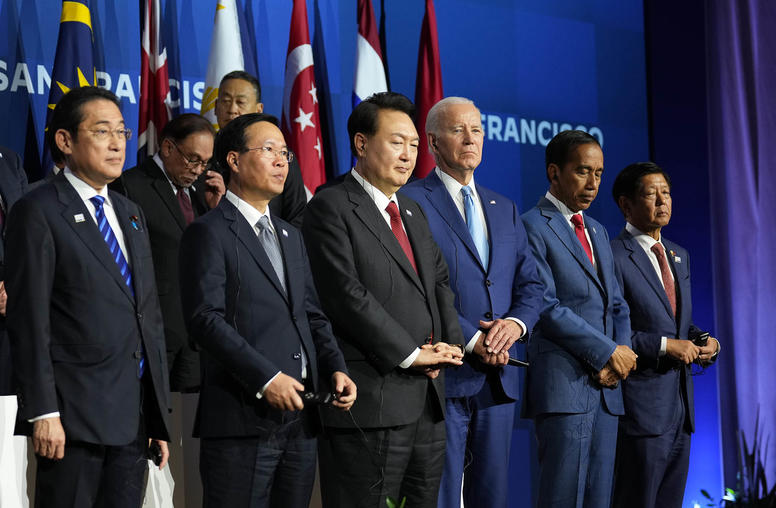
Two Years Later, What Has the Indo-Pacific Strategy Achieved?
This month marks the second anniversary of the Biden administration’s Indo-Pacific Strategy (IPS). USIP experts Carla Freeman, Mirna Galic, Daniel Markey, and Vikram Singh assess what the strategy has accomplished in the past two years, how it has navigated global shocks and its impact on partnerships in the region.